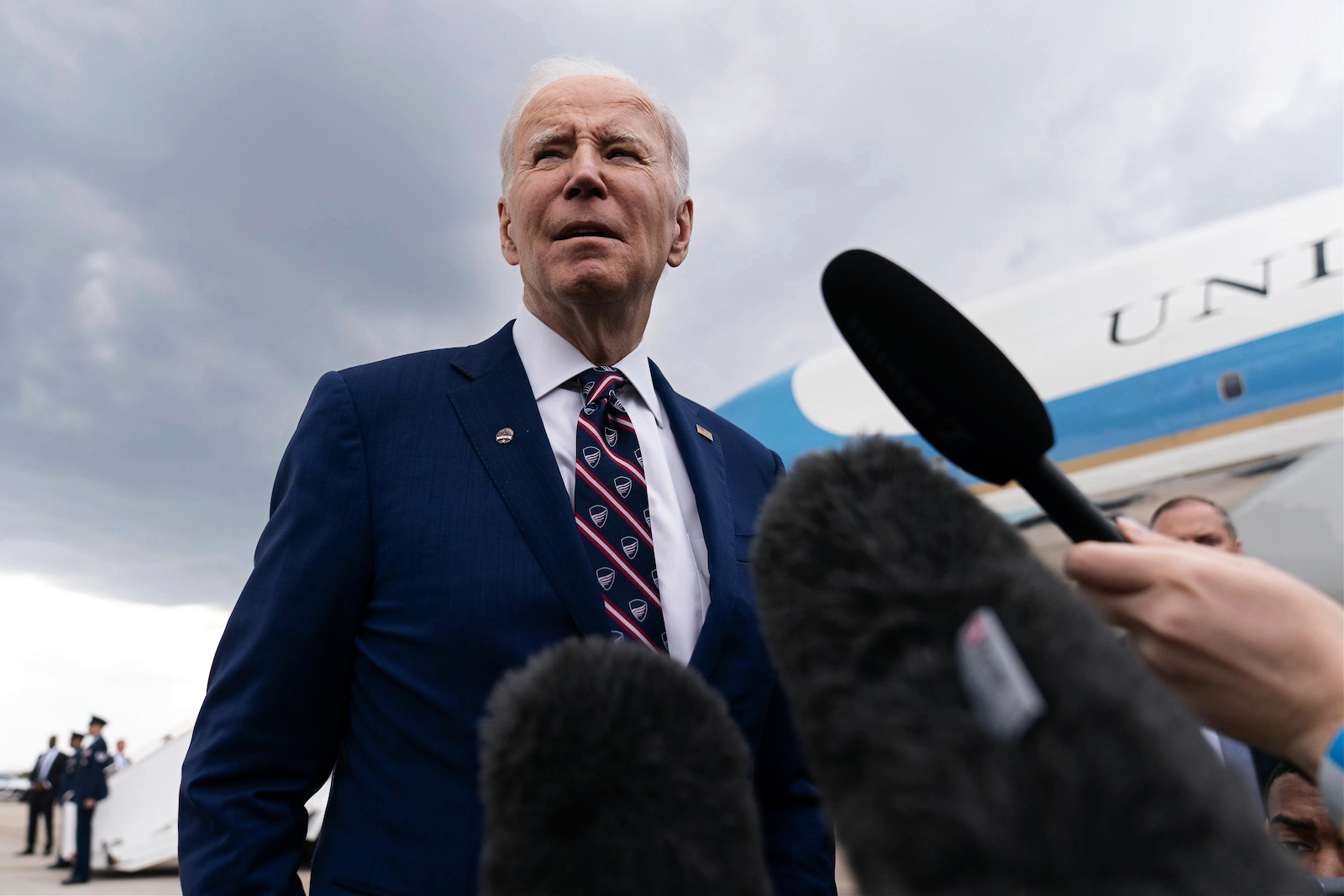
Politics
Arab and Muslim American Votes Must be Earned
Recent survey data indicates a significant shift in voter sentiment regarding President Biden’s management of the war in Gaza. A substantial 81% of younger voters disapprove of his approach to Israel’s war with Hamas. This sentiment is even more pronounced among Arab and Muslim Americans, with disapproval soaring to 94%. Furthermore, Arab-American support for President Biden in the upcoming general election has plummeted to just 17%, a stark contrast to the 60% who were in favor before the 2020 election. This indicates a drastic decline in confidence from these communities, reflecting deepening concerns over U.S. foreign policy in the Middle East.
Before the 2016 presidential election, a few of my friends, including one I’ve known since high school, castigated me and unfriended me on various social media platforms because I dared to post about Hilary Clinton’s hawkish positions on the Middle East, her near-total support for Israel, and her handing of the Arab Spring protests when she was Obama’s chief diplomat.
The falling out with my friends on social media was not because of any endorsement of Trump; in fact, I reluctantly voted for Clinton and openly supported her well before November 3. The rift occurred because they believed that my public criticism of Hillary Clinton’s shortcomings would help elect Trump. They contended that Clinton, along with her close associates — many of whom later joined the Obama administration — deserved unwavering support from me and the broader Arab and Muslim American communities, essentially claiming entitlement to our votes.
The notion that demographic groups should align with specific political parties — like the stereotype that only college graduates should support Democrats, only the wealthy should back Republicans, or that women should exclusively vote for Democrats — is a reductive and flawed concept. Such ideas trivialize the complexity of political beliefs and reduce individual voters to monolithic entities, ignoring the diversity of thought and experience within any group.
The principle that votes must be earned rather than assumed is as true for Arab and Muslim Americans as it is for any other group. A politician must demonstrate their worth to garner our support. We retain the option to abstain, to cast our votes for third-party candidates, or to opt out of voting altogether. This is our constitutional right, one that cannot be negated by any sense of obligation imposed by others, regardless of their political affiliation. The notion that our community owes allegiance to a particular party, or its vision of America is unfounded. We are beholden to no one; our votes are our own to give, guided by our values and judgments.
The inconsistency of certain political advocates is evident both in past behaviors and in the current pre-2024 election discourse. Their rhetoric, which assumes an entitlement to votes, is a display of hypocrisy. Should a scenario arise where President Biden radically changes his stance on a pivotal issue like abortion—deeming it an abomination worthy of national prohibition—it’s conceivable that many of these same individuals would swiftly reconsider their loyalty to the Democratic Party. Such a fundamental shift would likely be seen by them as a justifiable reason to defect from party lines.
Every individual voter has a moral threshold, and it is not for other people to dictate what or where that threshold is for that individual. For some of these voters, the matter of Palestine-Israel is one such issue. Few American politicians dare to condemn Israel’s policies and behaviors outright, but there are gradients on that spectrum, and Arab and Muslim voters pay very close attention to where a given politician chooses to fall publicly along that spectrum.
Condescending rhetoric insisting that Arab and Muslim Americans should simply ‘fall in line’ and support Biden will likely be less persuasive in the upcoming election. Although not the largest demographic, the significance of our community’s vote is undeniable. No individual or party has an inherent right to our electoral support.
This assertion is underscored by the fact that in the 2020 election, President Biden secured victory in seven crucial states by relatively narrow margins. Notably, in several battleground states, the victory margins were so slim that the Arab and Muslim American vote has the potential to tip the scales in those states, especially if the upcoming races are equally tight.
It would be in President Biden’s best interest to consider the importance of every vote, including those from the Arab and Muslim communities, as the next election approaches.
